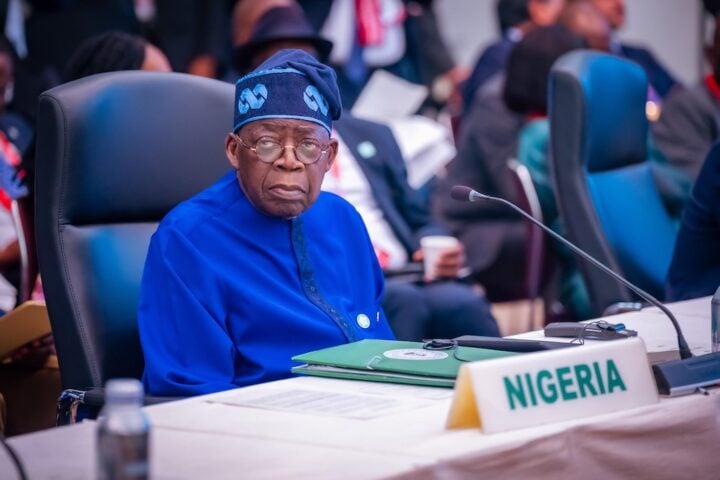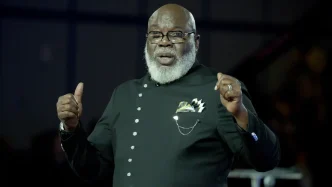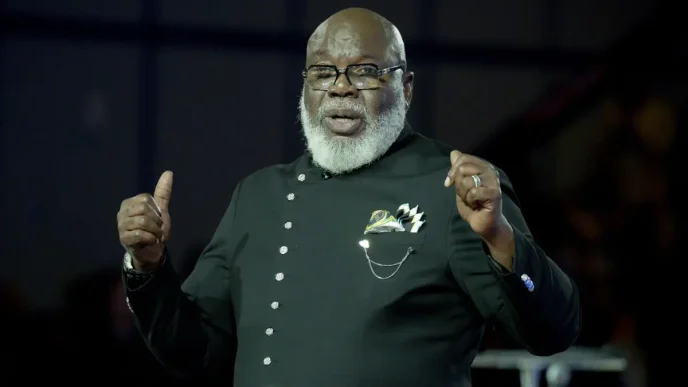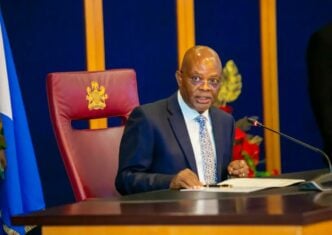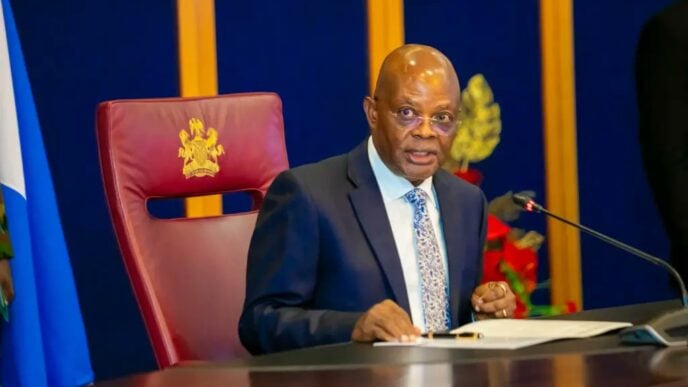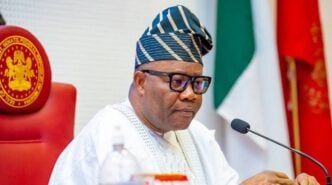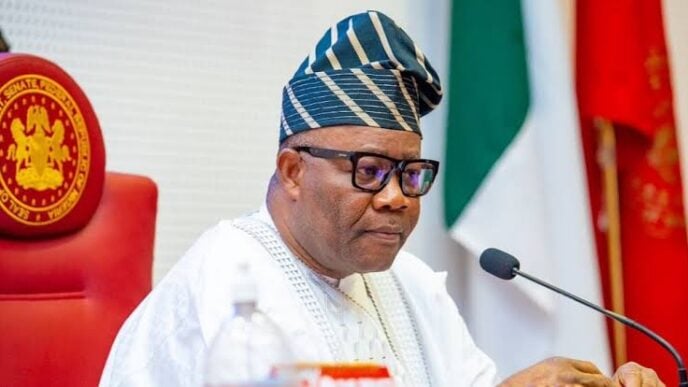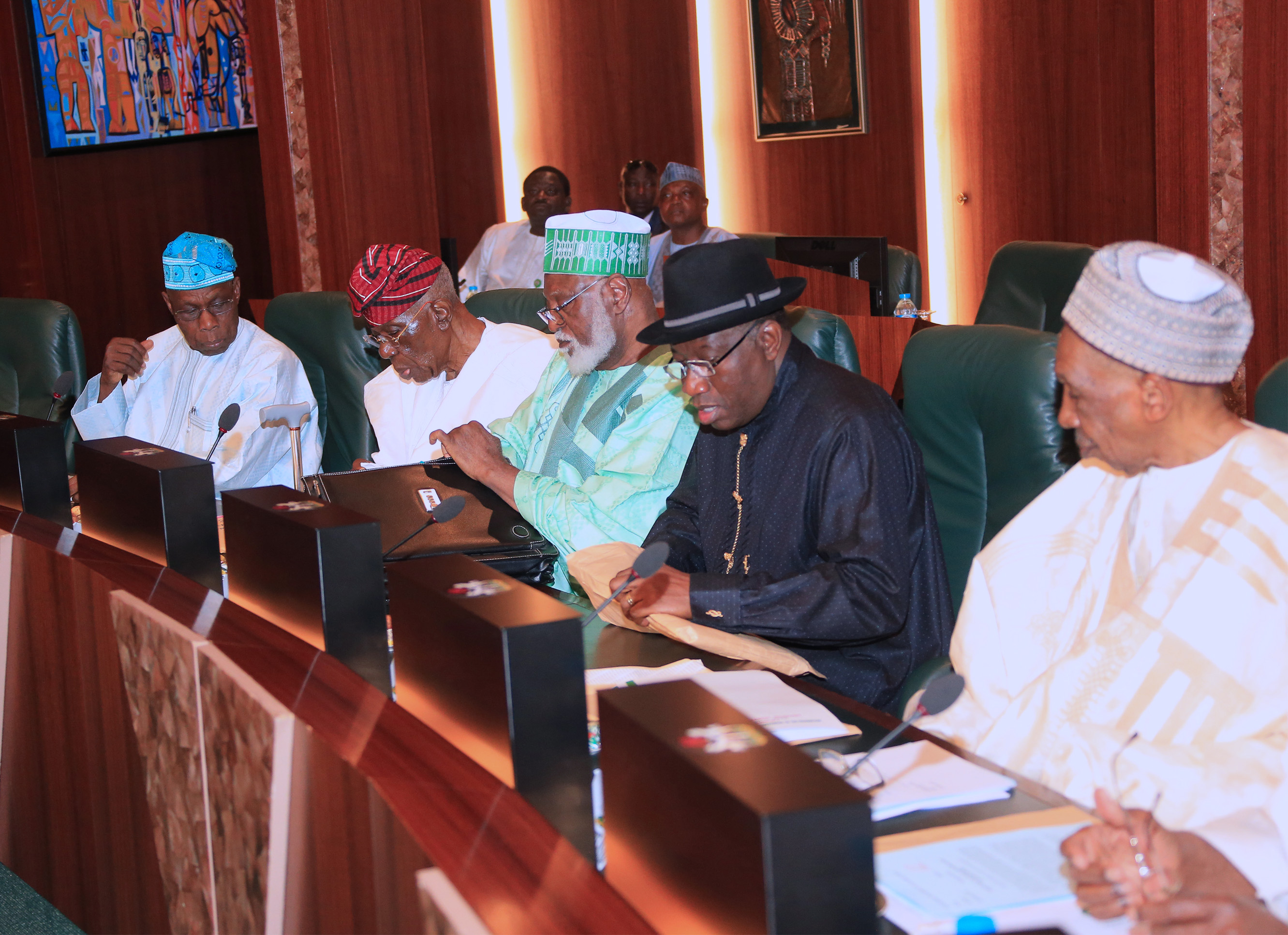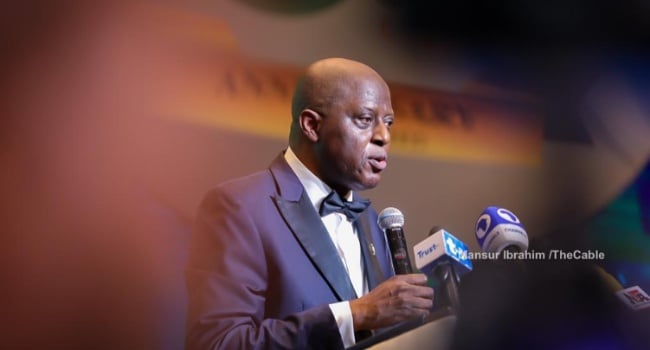Reports that the President Ahmed Bola Tinubu’s administration has begun to decentralize and diversify some key federal institutions have once again raised questions on whether the government is implementing a restructuring of the country albeit surreptitiously.
Recently the Zaria, Kaduna state based Nigerian College of Aviation Technology (NCAT) established since 1964 by act of parliament and began operations in 1966 with assistance from the United Nations Development Programme (UNDP) and the International Civil Aviation Organization (ICAO), was ordered to split into six campuses to be located in the six geo- political zones in the country. Before then, there was a decision to establish a military school in Oshogbo similar to the famous Nigeria Military School in Zaria (also known as Boys Company). Those in the know of such developments say that these measures will soon be followed by massive relocation of military formations from where they are concentrated now in the north to other parts of the country in similar manner with the NCAT measure.
Although these measures are routine and within the purview of the administration, however when juxtaposed alongside other developments emanating from the administration, like the fiscal policies and the clear inclination towards granting Lagos a special and exclusive status over and above the rest of Nigeria we are left with unmistakeable signs that some kind of restructuring of the country is ongoing.
Like many other Nigerians I believe and firmly support the call for restructuring the country. It was hastily and haphazardly put together and, in the process, created structural imbalances that subsist till today. Aware of these imbalances the British colonialists tried to restructure the country from time to time through various constitutional reforms but which ultimately raised issues anew almost as soon as these constitutional arrangements come into being.
Advertisement
The legacies of these imbalances could be broadly divided into two segments; the political and the economic.
Under the political segment, the British structured and favoured the northern part of the country with a landmass twice that of the southern part giving the area additional advantages in population. Politically whereas the southern part was further subdivided into Western and Eastern regions, the north was left intact as a single region thereby reinforcing its ability to outmaneuver the two southern political regions in national political issues.
It is this structural political imbalance that had formed the basis for the strident calls for restructuring, rotation, zoning etc right from colonial days to date.
Advertisement
But although the political imbalance in Nigeria has been very glaring, the economic distortions the British created in the country has been more significant.
First of all the number one priority of the British economic strategy was the famed riches of the northern part of the country which had been chronicled long before they came to Nigeria. They knew through their ‘’explorers’’ of the Trans Saharan trade routes in commodities like hides and skins, textiles etc and they were looking to add cotton, groundnuts and other primary products into the mix. And that accounted for how the railroad construction and route ran from south to north mainly to evacuate those products from the northern hinterland to Lagos in the south for onward transmission to Britain. We can see how the railroads led to places like Nguru, Kaura Namoda, Kumo etc. The distance in kilometers of railway lines covers are more in the north than in the south clearly indicating where the money was coming from in Nigeria.
Although it was from the north that the British sourced more of the primary products, it was Lagos that gained much more than the north. Lagos which then and now was not known to produce any commodity for export was however favoured by the export-import trade in commodities sourced from the interior of Nigeria.
From 1861 when Lagos was taken over by the British to 1991 when it ceased to become Nigeria’s federal capital city ( a whopping 130 years of continuous special treatment) Lagos had enjoyed favours not commensurate with what it produces, in many ways more than the rest of Nigeria combined. Lagos has benefitted from the massive infrastructure development made possible by revenues from governments in all these years and the huge services that come from Lagos operating as Nigeria’s preeminent port. In turn as the federal governments have been pumping money into Lagos, this has helped Lagos to expand the tax net which fetches the state a humongous amount of income ranking its economy among the top ten in Africa.
Advertisement
It is this undue and unfair advantage that Lagos enjoys over the rest of Nigeria that President Tinubu is trying to reinforce with his economic reforms especially his fiscal policies. The huge infrastructural projects being implemented in Lagos under Tinubu is intended to further strengthen the hand of Lagos and by extension the South West against the other parts of Nigeria politically and economically.
If we want to restructure Nigeria, we must first of all be open about it and not as surreptitiously as President Tinubu is doing currently.
Secondly, we must not restrict the restructuring to the political structure of Nigeria only. We must unbundle the uneven economic structure as well where one tiny part of Nigeria slightly bigger than some local governments is set up to continue to be the beneficiary of policies that favour it over the rest of the country. Under the economic restructuring we must allow and encourage other parts of the country to diversify their import-export trade. Lagos’s emergence was made possible by continuous government intervention and encouragement since 1861 to date.
We must not look at restructuring from the political perspective only; we must also look at the compelling imperative of ensuring economic justice to redress the more than a century period of unfair legacy of economic imbalance perpetrated by the British in this country.
Advertisement
Gadu can be reached via [email protected] and 08035355706 (texts only).
Advertisement
Views expressed by contributors are strictly personal and not of TheCable.

